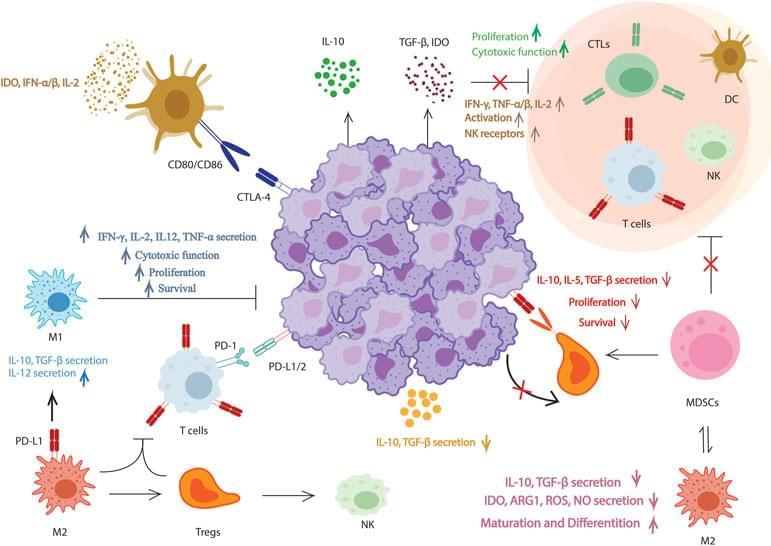Empa researchers are working on artificial muscles that can keep up with the real thing. They have now developed a method of producing the soft and elastic, yet powerful structures using 3D printing. One day, these could be used in medicine or robotics – and anywhere else where things need to move at the touch of a button.
A team of researchers from Empa’s Laboratory for Functional Polymers is working on actuators made of soft materials. Now, for the first time, they have developed a method for producing such complex components using a 3D printer. The so-called dielectric elastic actuators (DEA) consist of two different silicone-based materials: a conductive electrode material and a non-conductive dielectric. These materials interlock in layers. “It’s a bit like interlacing your fingers,” explains Empa researcher Patrick Danner. If an electrical voltage is applied to the electrodes, the actuator contracts like a muscle. When the voltage is switched off, it relaxes to its original position.
3D printing such a structure is not trivial, Danner knows. Despite their very different electrical properties, the two soft materials should behave very similarly during the printing process. They should not mix but must still hold together in the finished actuator. The printed “muscles” must be as soft as possible so that an electrical stimulus can cause the required deformation. Added to this are the requirements that all 3D printable materials must fulfill: They must liquefy under pressure so that they can be extruded out of the printer nozzle. Immediately thereafter, however, they should be viscous enough to retain the printed shape. “These properties are often in direct contradiction,” says Danner. “If you optimize one of them, three others change … usually for the worse.”








